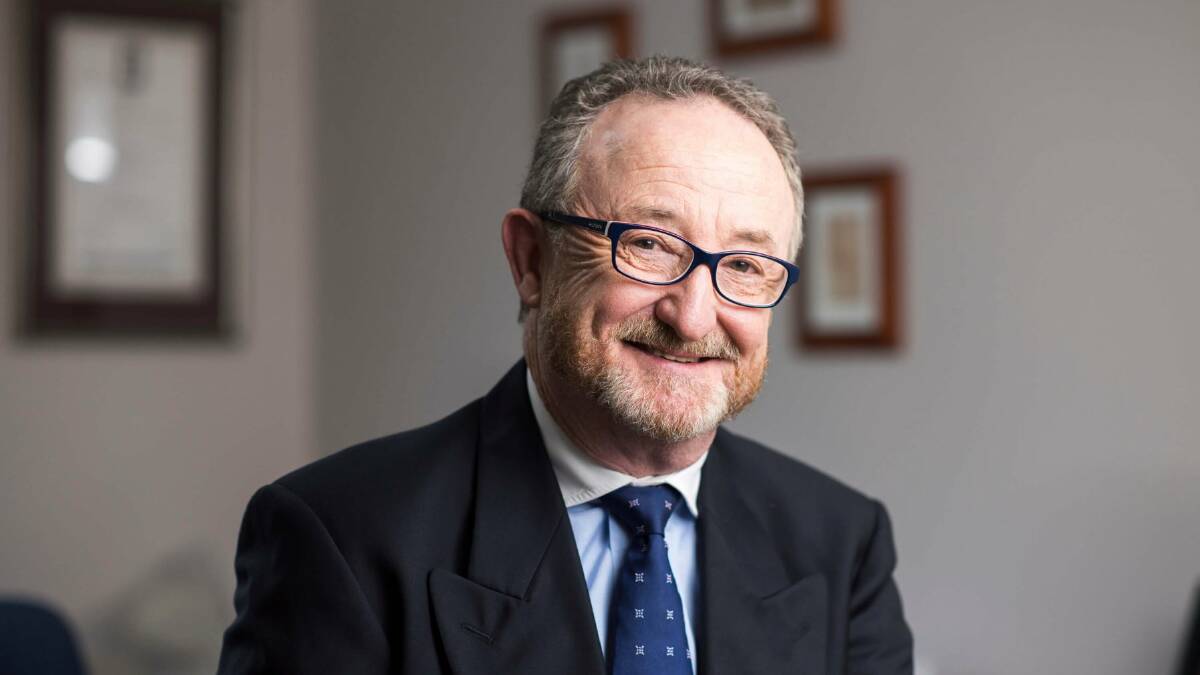Cosmetic plastic surgery: Survey reveals your top concerns

This is sponsored content for Cosmetic Plastic Surgery.
I recently performed a public survey and discovered a few things about the average person's understanding of "cosmetic" surgery and their thoughts regarding it. Let's go through a few of the topics of concern that arose from the survey.
Plastic surgeon vs cosmetic surgeon
If you don't understand the difference between a plastic surgeon and a cosmetic surgeon you're not alone. About 40 per cent of people in the Hunter are in the same boat and, actually, this is much better than the Australian average of over 60 per cent.
There are a number of different groups of doctors who perform "cosmetic surgery". So what is the difference? Plastic surgeons are registered, specialist-trained surgeons with qualifications in plastic and aesthetic (cosmetic) surgery, recognised by the Australian Government and the Royal Australasian College of Surgeons (RACS). They are members of the Australian Society of Plastic Surgeons (ASPS) and The Australasian Society of Aesthetic Plastic Surgeons (ASAPS). The others, simply put, are not.
I commonly see patients who have had operations by doctors they believed were plastic surgeons, but who were not. They were encouraged to believe this by the doctor's advertising, stated qualifications and misleading documentation. Sometimes I even have to bring up the doctor's website to convince them.
They may have medical qualifications, but would you be comfortable if you knew the person doing your facelift (in his rooms with his secretary as his nurse) was a doctor without the appropriate surgical qualifications? Even more challenging, would you let a dentist perform your breast implants, or correct your child's prominent ears?
Risk is top fear
The second feed from the survey asked what frightened patients the most when they thought about cosmetic surgery.
Risk was the most common concern by far. I see all my patients before they go to sleep and when I ask how they're feeling they mostly say, "Excited but a little scared." This is absolutely a normal way to feel. You are trusting a surgeon and an anaesthetist to perform an operation well and safely.
But when it comes to safety, you can rest easy. An anaesthetic given by an Australian-qualified anaesthetist will be very safe. It is in general five times safer than in the United States. And if your surgery is performed in a hospital registered for anaesthesia and surgery, then once again you can be reassured. If your surgeon is a member of the RACS, ASPS and ASAPS, you have a highly trained, competent and risk-averse person performing your operation.
If this is the situation you have chosen then, yes, be a little scared - it's normal - but also be confident.
What's the cost?
People were also concerned about the cost of plastic surgery. There are a number of aspects to this.
Some felt guilty because they believed they were entertaining an "unnecessary" operation. Cosmetic plastic surgery may be physically unnecessary, but it can be very important for self-esteem. I have had feedback from many patients who say it has had a huge positive impact on their lives.
You may also be surprised that operations which you may think are not rebatable are at least partially covered by Medicare and your health fund. A classic example is breast reduction, because of the health problems suffered by women with large breasts.
Indeed, cost should be considered, but in its true context. Cosmetic plastic surgery brings long-lasting change. If you have an operation, the result is there forever. One of my teachers in London (a surgeon to the upper echelons) used to say that his patients would spend a lot of money on a dress and wear it for only one night, but his facelift would be worn the next day and every day after.
The other factor to think about relates risk to cost. It is never wise to skimp on costs with an unqualified practitioner operating under poor anaesthetic control in an ill-equipped surgical environment.
Telling your family
About half the respondents expressed reluctance to tell their family that they were considering or planned to have plastic surgery. Please don't be.
In my experience, having a support person or persons allows the whole process to be more relaxed and easier to manage. You may well be surprised by their support. Importantly, you will need their support post operatively.
My survey was interesting. It was insightful and gave me a better understanding of your thoughts and concerns about cosmetic plastic surgery. I hope this article helps you if you are considering cosmetic plastic surgery.
Dr. John Newton has been providing cosmetic and plastic surgery care for more than 30 years. He is well known as Newcastle's most experienced cosmetic plastic surgeon and one of the most experienced cosmetic plastic surgeons in Australia. He is a member of the Australian Society of Plastic Surgeons and The Australasian Society of Aesthetic Plastic Surgeons. Dr Newton's commitment to the Newcastle and the Hunter areas has been a lifelong journey, since his own birth at Calvary Mater Newcastle Hospital. Since that day, he has continued to call Newcastle home.
This is sponsored content for Cosmetic Plastic Surgery.


